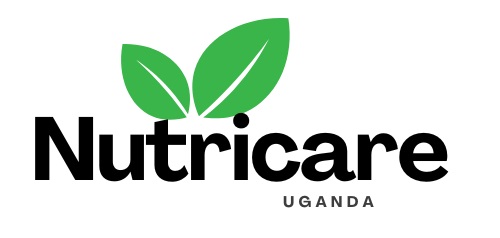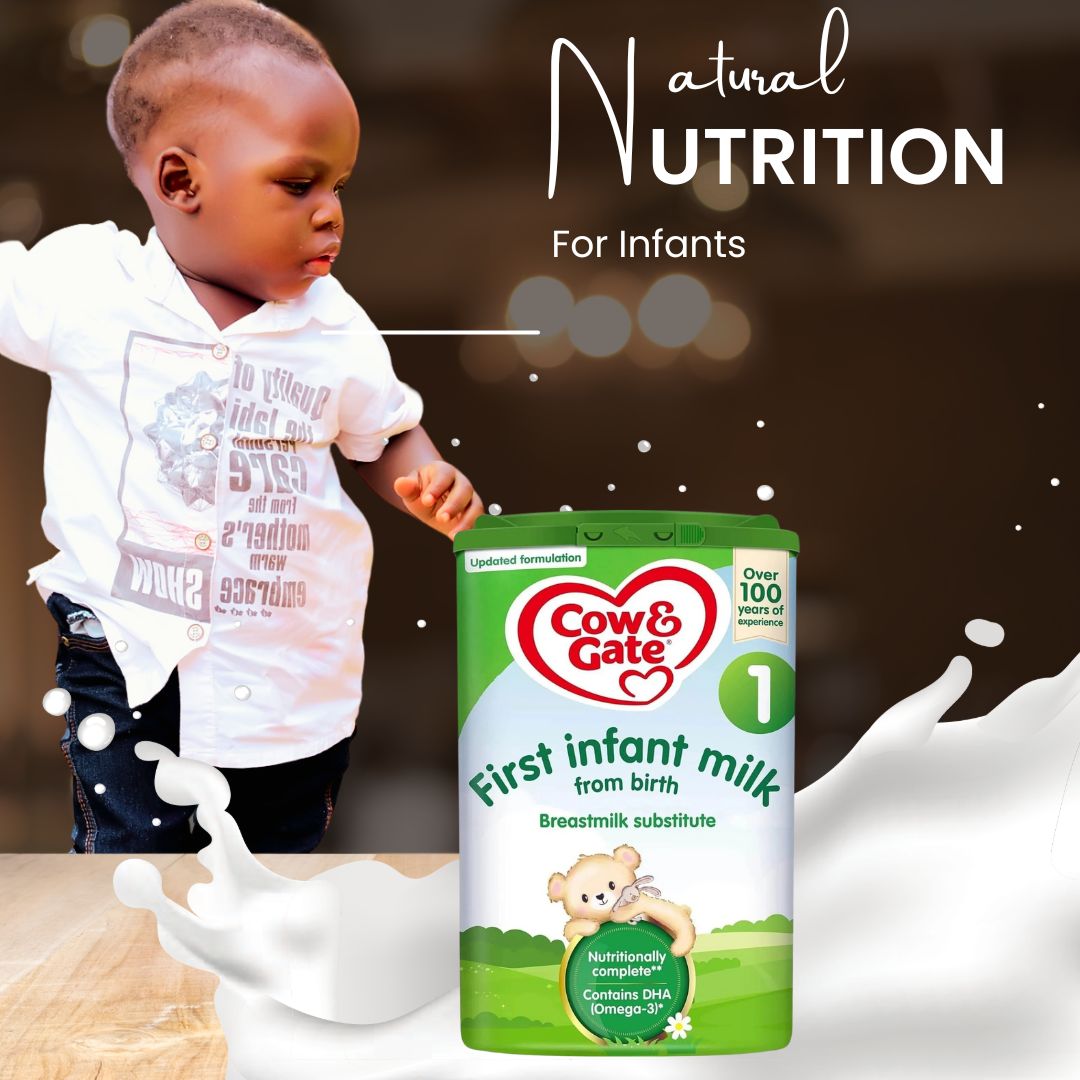
An overview of Prenatal Vitamins With Iron
Prenatal vitamins with iron are crucial during pregnancy to support both the mothers’ and baby’s health. Iron is essential for the production of red blood cells, which carry oxygen to the fetus and help prevent anemia in the mother. Many prenatal vitamins contain iron, and it’s important to choose a supplement that provides the recommended daily allowance (RDA) for iron during pregnancy.

Importance of Iron:
- Supports fetal development:Iron is vital for the development of the placenta and the fetus, including the brain and spinal cord.
- Prevents anemia:Iron deficiency anemia is common during pregnancy, and prenatal vitamins with iron can help prevent this.
- Supports healthy red blood cell production:Iron is a key component of hemoglobin, which is responsible for carrying oxygen in the blood.
Choosing a Prenatal Vitamin with Iron

- Look for the RDA:Ensure the prenatal vitamin contains the recommended daily allowance of iron for pregnant women, which is typically 27 milligrams.
- Consider form:Iron supplements can come in various forms, such as ferrous sulfate or ferrous gluconate. Some women may experience digestive issues with certain forms, so it’s important to choose a form that is well-tolerated.
- Consider other nutrients:Prenatal vitamins should also contain other essential nutrients like folic acid, vitamin D, calcium, and DHA.
- Talk to your doctor:Consult with your doctor or a registered dietitian to determine the best prenatal vitamin for your individual needs.
Tips for Taking Prenatal Vitamins with Iron:
- Take with food:Taking prenatal vitamins with iron with food, especially foods rich in vitamin C, can help with absorption.
- Avoid taking with certain foods or drinks:Avoid taking iron supplements with coffee, tea, or milk, as they can interfere with iron absorption.
- Stay hydrated:Increase your fluid intake to help prevent constipation, a common side effect of iron supplements.
Potential Side Effects:
- Constipation:Iron can cause constipation, so it’s important to increase your fiber intake and drink plenty of fluids.
- Nausea:Some women may experience nausea after taking prenatal vitamins, especially in pill form.
- Other side effects:Other potential side effects include stomach pain, upset stomach, and dark stools.
In conclusion, prenatal vitamins with iron are a crucial part of a healthy pregnancy. By choosing the right supplement, taking it correctly, and managing potential side effects, you can support your health and the health of your growing baby.
Essential Role of Iron
Pregnancy is a beautiful and transformative journey that requires careful attention to a mother’s health and nutrition. One of the most crucial elements in prenatal care is iron, an essential mineral that plays a significant role in both maternal and fetal health. Understanding the essential Role of Iron in prenatal vitamins can help expecting mothers make informed dietary choices and ensure a healthier pregnancy.

What is Iron?
Iron is a vital mineral that is crucial for several bodily functions. It is a key component of hemoglobin, the protein in red blood cells that carries oxygen throughout the body. Proper oxygen transportation is essential not only for the mother but also for the developing fetus. Iron is also involved in the synthesis of DNA and is essential for healthy cell growth and development.
Why is Iron Important During Pregnancy?

During pregnancy, the mother’s blood volume increases significantly—by up to 50%—to supply oxygen and nutrients to the growing baby. This increased demand for blood requires more iron, as adequate hemoglobin levels are necessary to transport oxygen effectively. Here are some specific reasons why iron is particularly important during pregnancy:
-
- Supports Fetal Development: The fetus requires sufficient iron for optimal growth and development, particularly in the formation of vital organs and tissues.
-
- Prevents Anemia: A deficiency in iron can lead to anemia, which can result in fatigue, weakness, and complications during labor and delivery.
-
- Enhances Immune Function: Iron plays a crucial role in supporting a healthy immune system, helping mothers ward off infections during pregnancy.
-
- Improves Placental Function: Adequate iron levels ensure that the placenta functions optimally, facilitating nutrient and oxygen exchange between the mother and baby.
Iron Requirements During Pregnancy

The Recommended Dietary Allowance (RDA) for iron increases during pregnancy. The RDA for iron for non-pregnant women is 18 mg per day. However, during pregnancy, it increases to:
-
- 27 mg per day for pregnant adolescents (ages 14-18)
-
- 27 mg per day for pregnant adults (ages 19-50)
This increase is necessary to support the additional blood volume and fetal development. Expecting mothers should discuss their individual iron needs with their healthcare provider, as some may require higher amounts based on their health history and dietary intake.
Sources of Iron in Prenatal Vitamins
Most prenatal vitamins contain iron, but the amount and type can vary between brands. Iron supplements in prenatal vitamins typically fall into two categories:
-
- Ferrous Sulfate: This is the most common form of iron in supplements and is well-absorbed by the body.
-
- Other Forms: Other forms, such as ferrous gluconate or ferrous fumarate, may be included as well. The choice of iron form may affect tolerability and absorption.
When selecting a prenatal vitamin, it’s essential to check the label to ensure it meets the RDA for iron. Additionally, some women may experience gastrointestinal discomfort associated with iron, so discussing these concerns with a healthcare provider can help in finding the right supplement.
Dietary Sources of Iron
In addition to prenatal vitamins, it’s crucial for expecting mothers to consume iron-rich foods. There are two types of dietary iron: heme iron and non-heme iron.
-
- Heme Iron: Found in animal products, heme iron is more readily absorbed by the body. Good sources include:
-
- Red meat
-
- Poultry
-
- Fish
-
- Heme Iron: Found in animal products, heme iron is more readily absorbed by the body. Good sources include:
-
- Non-Heme Iron: Found in plant-based foods and fortified products, non-heme iron is less efficiently absorbed. Sources include:
-
- Beans and lentils
-
- sukma wiki
-
- Spinach
-
- Dodo
-
- Nakati
- Gobe
-
- Non-Heme Iron: Found in plant-based foods and fortified products, non-heme iron is less efficiently absorbed. Sources include:

To enhance the absorption of non-heme iron, it’s beneficial to consume vitamin C-rich foods—such as oranges, strawberries, and bell peppers—along with iron-containing meals.
Symptoms of Iron Deficiency
Iron deficiency can lead to various symptoms. Pregnant women should be aware of these signs to seek medical advice if needed:
-
- Fatigue or low energy
-
- Pale skin
-
- Shortness of breath
-
- Dizziness or lightheadedness
-
- Cold hands and feet
If any of these symptoms are observed, it’s crucial to consult a healthcare professional. A simple blood test can determine iron levels and whether supplementation is necessary.
Final Thoughts
Iron is undoubtedly an essential component of prenatal vitamins and a critical nutrient for expecting mothers. Adequate iron intake supports both maternal health and fetal development, making it a priority for women during pregnancy. By selecting the right prenatal vitamins and incorporating iron-rich foods into their diets, expecting mothers can help ensure a healthy pregnancy journey.
Always remember to consult with your healthcare provider before starting any new supplements or making significant dietary changes during pregnancy. Knowledge about iron and its importance can empower mothers to prioritize their health and their baby’s future.


